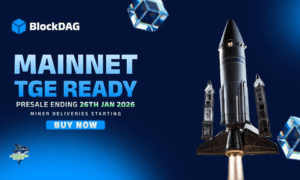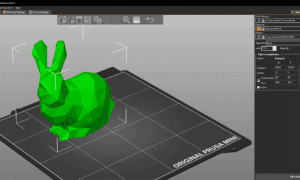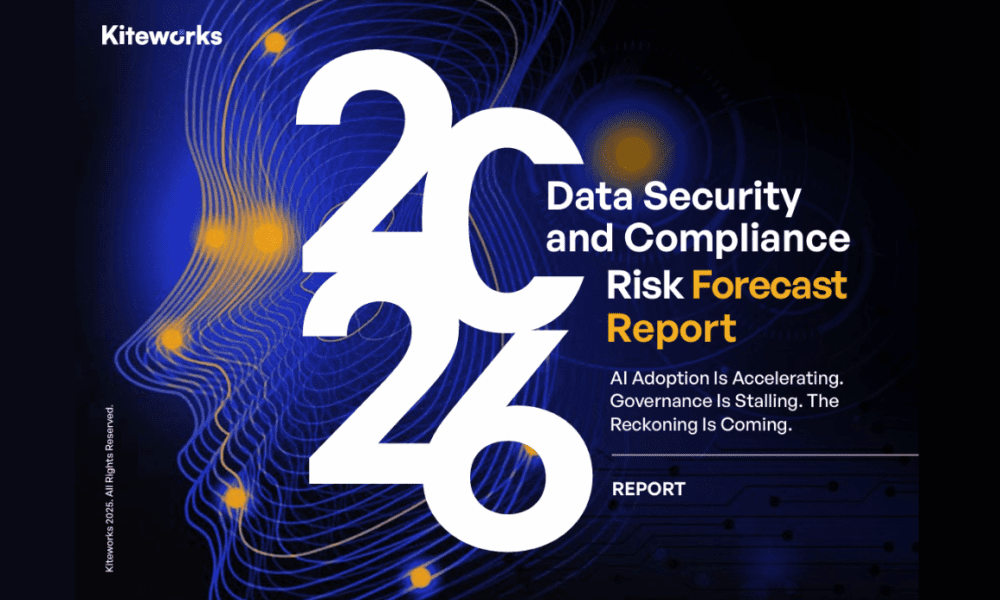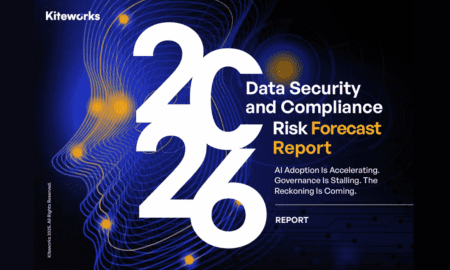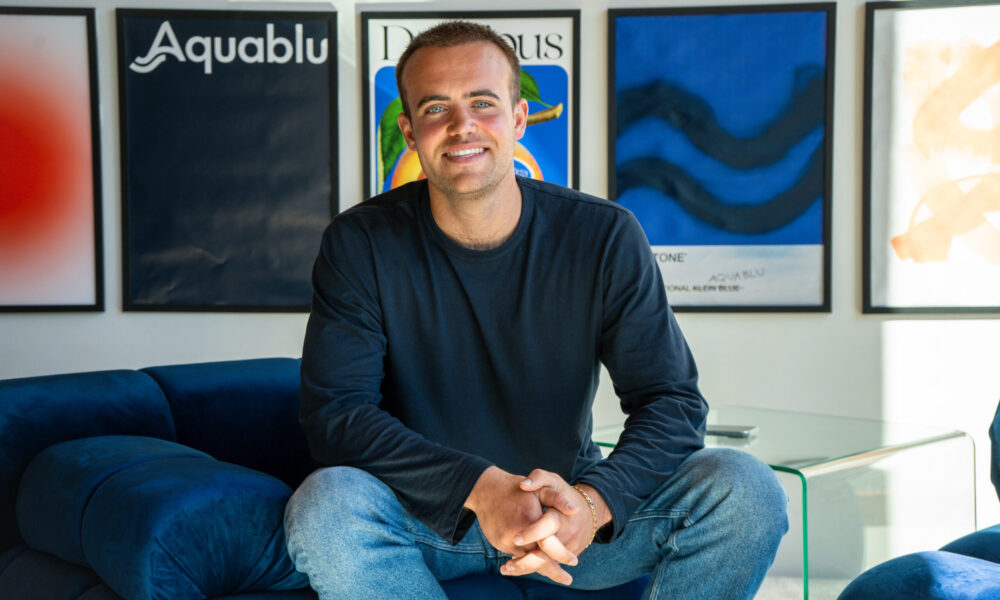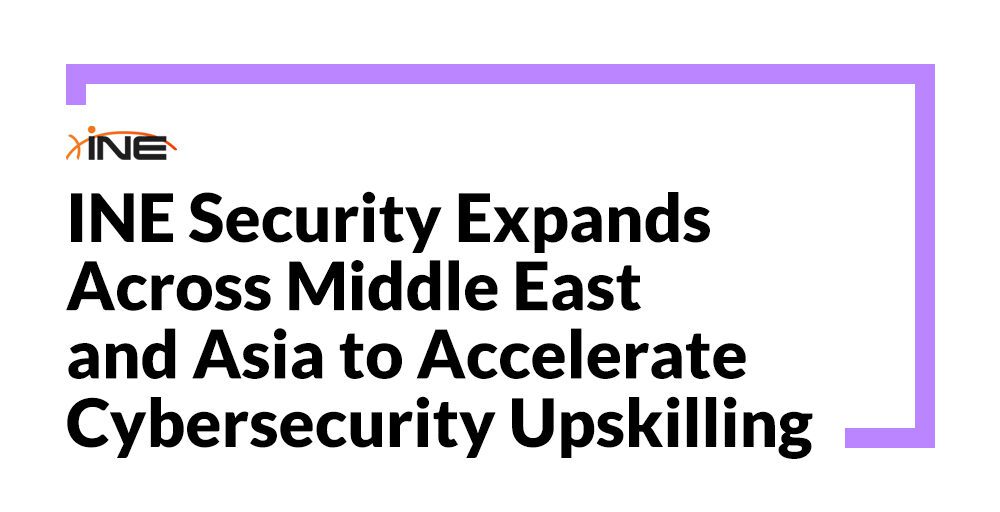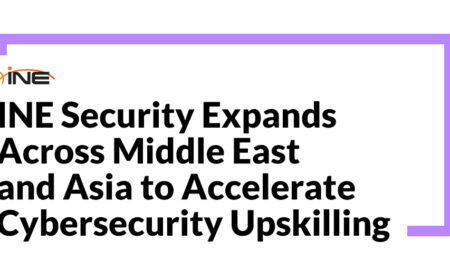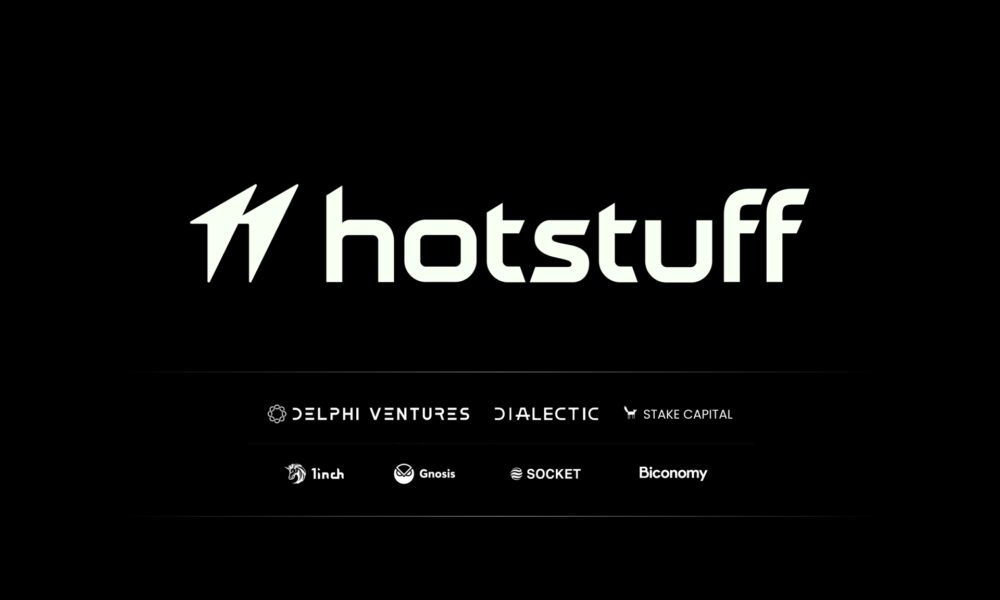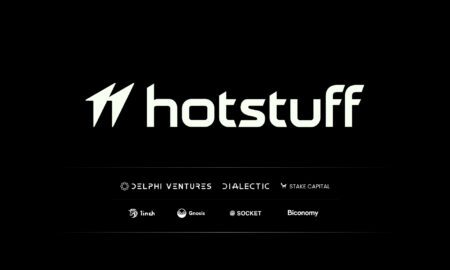The talent acquisition landscape is undergoing a remarkable transformation. In today’s competitive hiring markets, artificial intelligence (AI) and AI recruiting software from Goperfect have emerged as game-changers, fundamentally reshaping how organizations approach recruitment. This technological shift is redefining candidate identification, assessment, and engagement strategies, creating both opportunities and challenges across the hiring ecosystem. For recruiters and job seekers alike, understanding these evolving dynamics has become critical to navigating the modern employment marketplace.
The Evolution of Recruitment: From Manual to Automated
For decades, recruitment relied on labor-intensive methods—manually sifting through resumes, conducting face-to-face interviews, and maintaining paper-based tracking systems. While functional, these approaches suffered from significant drawbacks: they consumed excessive time and resources while remaining vulnerable to unconscious biases.
The first wave of automation and digital tools brought welcome relief through applicant tracking systems and job boards, digitizing certain recruitment aspects but still demanding considerable human intervention. The recent pivot toward AI-driven solutions reflects growing demands for enhanced efficiency, superior candidate experiences, and more objective evaluation frameworks—all within increasingly data-saturated environments.
Key Benefits of AI in Recruitment
Integrating AI into hiring workflows delivers several compelling advantages:
Efficiency: AI platforms can process thousands of resumes within minutes, autonomously coordinate interview schedules, and slash time-to-hire metrics by up to 70%—freeing recruiters to concentrate on high-value, strategic activities.
Objectivity: By evaluating candidates against consistent, predetermined criteria and patterns, AI helps reduce the unconscious bias that typically influences human decision-making.
Scalability: Companies can manage large-volume hiring initiatives without sacrificing quality or consistency in their selection process.
Key Takeaway: AI enables organizations to identify premier talent more swiftly and equitably, while simultaneously enhancing candidate experiences through accelerated processing and responsive feedback.
Core Features of Modern AI Recruiting Tools
Today’s AI recruitment platforms harness sophisticated technologies to streamline hiring:
- Resume Parsing and Matching: Natural language processing extracts relevant information from applications and aligns candidates with job requirements, analyzing semantic relationships rather than just keywords.
- Predictive Analytics: These tools forecast job performance and retention probability by comparing candidates against profiles of successful employees.
- Automated Communication: Conversational AI chatbots maintain candidate engagement by answering inquiries and providing timely updates.
Research from the Society for Human Resource Management shows that organizations implementing AI-driven recruitment solutions typically report a 35% improvement in quality-of-hire metrics alongside substantial recruitment cost reductions.
Real-World Applications: Practical Examples and Case Studies
A mid-sized tech company recently implemented AI screening tools and dramatically compressed their hiring timeline from six weeks to just ten days. The system successfully identified qualified candidates from a pool of thousands, allowing their recruitment team to devote more energy to building relationships with top prospects.
In another instance, a global corporation employed AI video interview analysis to standardize evaluations across international offices. The technology consistently assessed communication abilities, emotional intelligence, and problem-solving skills, regardless of interviewer location or experience level.
Hiring professionals consistently report that AI tools have reshaped their daily priorities, shifting focus from administrative burdens toward strategic candidate engagement and employer branding initiatives.
Addressing Concerns: Ethics, Bias, and Trust in AI Recruitment
Despite its promise, AI recruitment faces meaningful challenges. Potential biases can emerge when algorithms train on historically skewed data, potentially reinforcing existing hiring inequities. Transparency in evaluation methodologies remains essential for building candidate trust and ensuring regulatory compliance.
Human oversight continues to be indispensable in AI-driven recruitment. The most effective implementations strike a balance where AI handles repetitive, data-intensive tasks while human recruiters make final decisions, provide necessary context, and safeguard ethical considerations.
Organizations committed to fair hiring should regularly audit AI outcomes for bias indicators and maintain diverse training datasets to minimize potential discrimination.
Choosing the Right AI Recruiting Solution
When evaluating AI recruitment platforms, organizations should weigh several critical factors: smooth integration with existing HR systems, robust data security measures, user-friendly interfaces, and comprehensive support resources. The chosen solution should align with your specific hiring requirements and organizational values.
For companies seeking sophisticated yet accessible solutions, options like AI recruiting software from Goperfect can streamline hiring processes while maintaining commitments to fairness and efficiency. When comparing platforms, carefully assess their bias-mitigation approaches, customization capabilities, and performance history with similar organizations.
Essential questions for potential vendors include:
- How does the system identify and address potential bias?
- What specific metrics drive candidate-position matching?
- How transparent is the decision-making process?
Looking Ahead: The Future of AI in Talent Acquisition
The trajectory of AI in recruitment points toward greater personalization and enhanced candidate experiences. Emerging technologies will likely enable more sophisticated skills assessments, refined cultural fit predictions, and increasingly natural candidate interactions.
The development of ethical standards specific to AI recruitment continues to gain momentum, with industry leaders advocating for transparent practices and systematic algorithmic audits. As these technologies mature, the partnership between human recruiters and AI systems will evolve, with each complementing the other’s unique strengths.
Conclusion
AI is fundamentally reshaping recruitment, delivering unprecedented efficiency, scalability, and potential for objectivity. However, the most successful implementations recognize that technology should enhance rather than replace human judgment in hiring decisions.
Organizations that thoughtfully integrate AI into their recruitment strategies—maintaining human oversight while leveraging technological capabilities—position themselves to attract exceptional talent more effectively in an increasingly competitive landscape.
As we embrace these innovations, a balanced approach that combines AI’s analytical power with human empathy and judgment will define the future of successful talent acquisition.






